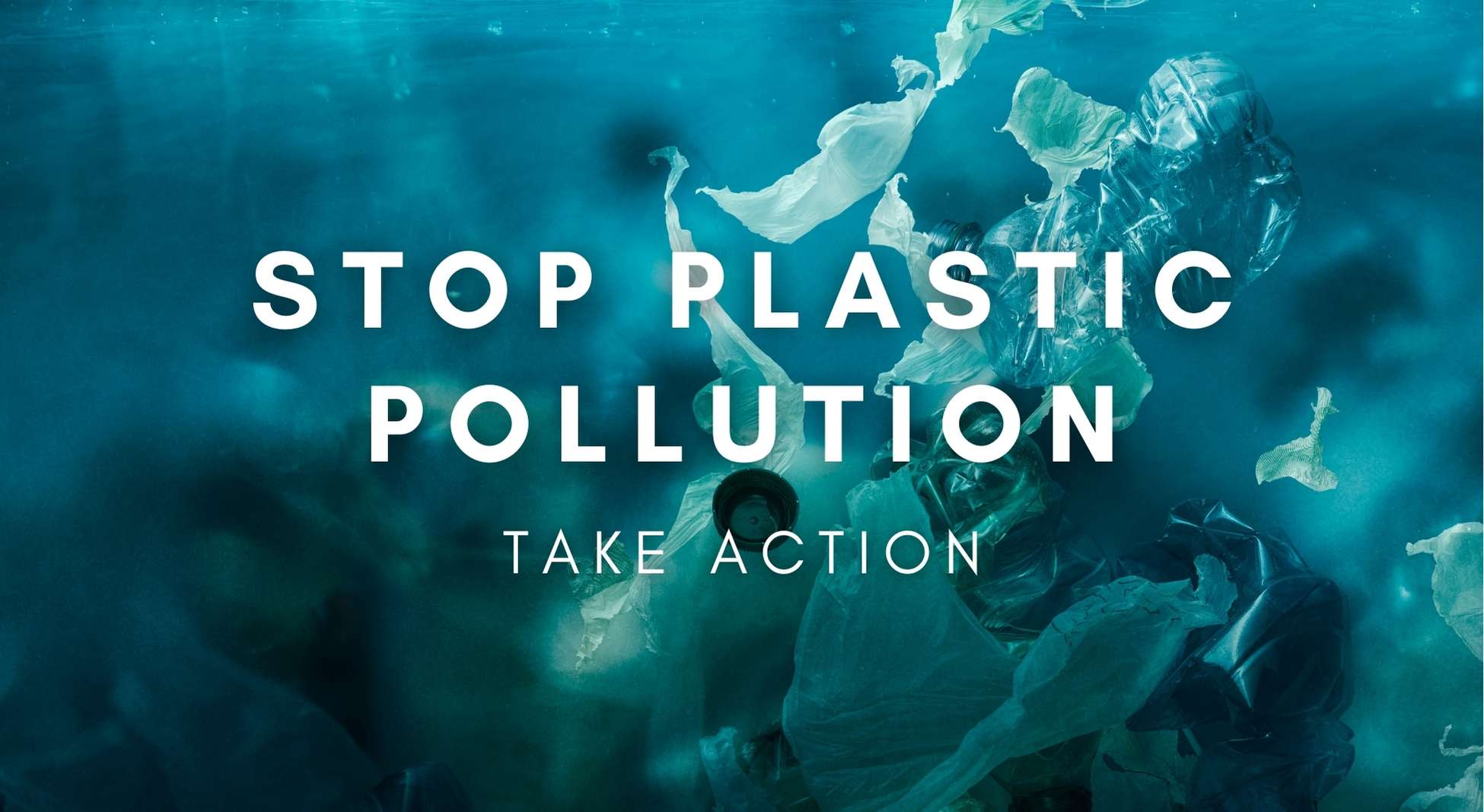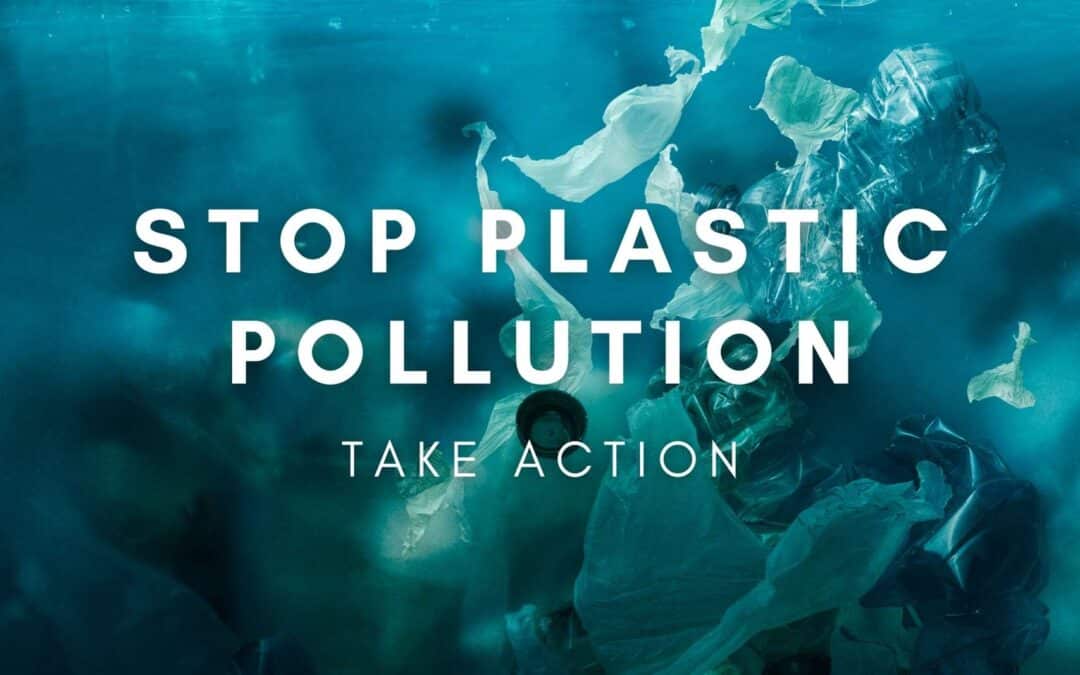Petition: Ask Ingles, Walmart, Target, CVS and other businesses in NC to stop using disposable, single-use plastics.

Single-use plastics clog up Western North Carolina’s rivers and streams and break down into smaller and smaller pieces called microplastics. Once in waterways, these microplastics are consumed by aquatic life forms, which are then ingested by the larger organisms that eat them, including humans. The bioaccumulation of these plastics and the additives used to make them can be harmful or toxic to both wildlife and people.
Plastic pollution is a global problem. We all need to be part of the solution, including our grocers, retailers, and the business community. Sign our petition and join the movement for a Plastic-Free WNC. We’ll bring your signatures to local business owners and lawmakers and work with them to address our plastic pollution problem at the source.
WE WANT A PLASTIC-FREE WNC:
I believe it’s time for INGLES, WALMART, TARGET, CVS, AND OTHER BUSINESSES IN WNC to quit using disposable, single-use plastics. We don’t want plastic shopping bags and styrofoam forced onto us or our environment because:
- plastics are made from a byproduct of hydrofracking, which includes fossil fuel extraction;
- the oil and gas industry’s efforts to increase plastic production as a means to shore up their business model has been well documented;
- oil refineries, plastic manufacturers, and incinerators tend to be located in low-income communities, which bear the brunt of the associated health impacts;
- recycling is insufficient to meet these threats as plastic production is expected to increase 40 percent over the next decade, with plastic production accounting for 20 percent of global fossil fuel consumption. Less than 5 percent of plastic is recycled, and that percentage has been dropping since the implementation of China’s National Sword policy in January of 2018;
- numerous studies have documented the prevalence of plastic carry-out bags littering the environment, blocking storm drains, becoming entangled in treetops, and fouling public areas;
- curbing the supply of single-use plastic will expand the lifespan of local landfills;
- numerous studies have shown the negative environmental and health effects of plastics and the chemicals used to produce them;
- styrene, the main ingredient in polystyrene, has been declared a probable carcinogen by the NIH, National Research Council, the World Health Organization, and others;
- plastic bags and other plastic products are a substantial source of marine debris, responsible for the deaths of tens of thousands of marine animals each year;
- studies have shown the presence of microplastics in terrestrial and marine life systems throughout the entire planet, resulting in wholesale contamination of the food supply due to the proliferation of plastic litter and plastic breakdown products;
- plastic bags cause operational problems at recycling processing facilities, landfills, and transfer stations, and contribute to litter throughout the WNC region;
- numerous states and cities throughout the United States have enacted single-use plastic bag plastic bans, resulting in dramatic decreases in plastics waste; and
- many countries throughout the world have banned plastic bags and/or single-use plastics, including China, Germany, Great Britain, Denmark, Ireland, India, Eritrea, Benin, Uganda, Côte d’Ivoire, Nigeria, Mali, Tunisia, Malawi, Mauritania, The Gambia, Kenya, Rwanda, Democratic Republic of Congo, Congo-Brazzaville, Burkina Faso, Zambia, Cameroon, Morocco, Togo, Cabo Verde, Burundi, and Guinea-Bissau; and
- single-use plastics break down into microplastics which have been found and quantified in all our region’s watershed.

